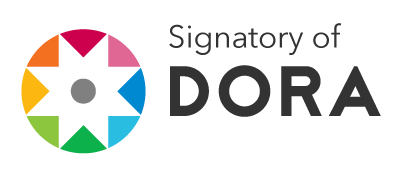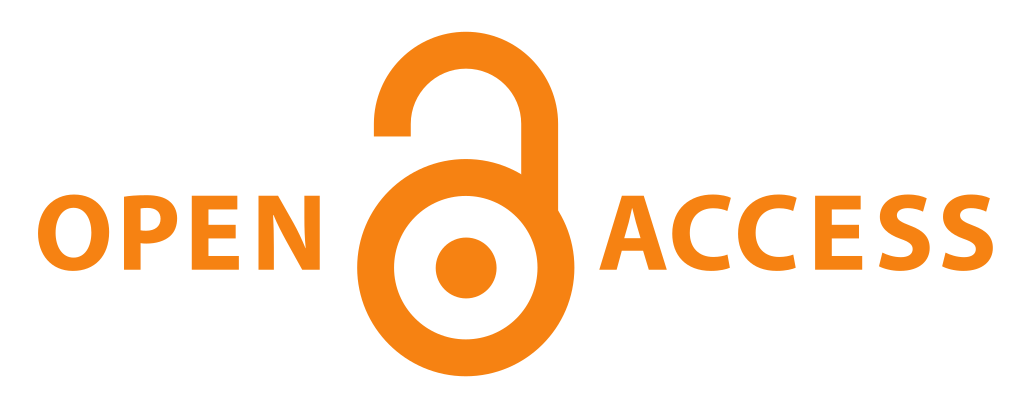The relevance of the academic offer of career of technological education at the National Pedagogical University Francisco Morazán
Keywords:
academic offer, academic advising, technological education, pertinence of the offerAbstract
Nacional Francisco Morazán has defined improvement plans for the careers oriented towards the institutional accreditation of their academic programs. This task demands concrete actions to ensure attention to the demand for services from students, teachers, employers and the university community. The Department of Industrial Technical Education, attends this institutional demand. The review of the improvement action plans motivated to develop the present research on the relevance of the academic offer. The objective of the research was to assess the relevance, from the perception of teachers, students and employers, of the academic offer as a strategy for improving institutional performance. The evaluation of the relevance of the academic offer of the Technological Education Career is a research for improvement and change; although with a mixed methodology, the quantitative approach predominates. The study develops a situational assessment that allows prioritizing problems detected by the participants and deepening their opinions, experiences and perceptions. The results of the research process showed that the professors value as pertinent the actions for the promotion of the academic advising, academic offer and visualization of the Career in the national labor market. Besides, the students consider that the training defined, in the Curriculum and the academic offer, are pertinent. However, the academic advice and community outreach activities are topics for improvement.
References
Anguera, M., Magnusson, M., & Johsson, G. (2007). Instrumentos no estándar, Planteamiento, Desarrollo y Posibilidades. Avances en Medición, 5(1), 63-82.
Consejo Nacional de Acreditación de Colombia. (2006). Lineamientos para la acreditación de Programas Académicos. Cartagena: CNA.
Díaz Barriga, F., Lule, M., Rojas, S., & Saad, S. (2002). Metodología del Diseño Curricular para Educación Superior (Segunda ed.). México: Trillas.
Espinoza, R. (1995). Estudio de los mercados de trabajo: Creación de nuevas profesiones. Maracaibo: Fondo Esther María Osses, Universidad de Zulia.
Gibbons, M. (1998). Pertinencia de la Educación Superior en el siglo XXI. Documento presentado en la Conferencia Mundial sobre Educación Superior de la UNESCO. Recuperado de http://www.humanas.unal.edu.co/contextoedu/docs_sesiones/gibbons_vi ctor_manuel.pdf
González, M. (2003). Oferta y demanda de Licenciados en Idiomas Modernos. Maracaibo: Universidad de Zulia.
Herman, M. (2002). Nuevas Carreras para optimizar la calidad de vida en Paraguaná. Maracaibo: Universidad de Zulia.
Leite, A., & Zurita, N. (2000). Representaciones sobre el éxito y fracaso académico en alumnos universitarios (1998-2000). Recuperado de http://www.unne.edu.ar/unnevieja/Web/cyt/cyt/2000/2_humanisticas/h_pdf/h_015.pdf
McMeekein, R. (1993). La investigación al servicio de la educación y el tiempo de aprendizaje. En UNESCO, Proyecto Principal de Educación en América Latina y el Caribe (págs. 71-76). Santiago: Publicaciones OREALC.
Ortega, P. (2001). Recuperado de Estudios de necesidades de formación de profesionales univesitarios: https://uvadoc.uva.es/bitstream/10324/2932/1/TESIS332-130606.pdf
Tünnermann, C. (2006). Pertinencia y Calidad de la Educación Superior. Guatemala: Universidad Rafael Landivar.
UNESCO. (1995). Documento de Política para el Cambio y Desarrollo de la Educación Superior. Recuperado de http://unesdoc.unesco.org/images/0009/000989/098992s.pdf
Weiss, C. (1991). Investigación Evaluativa. Métodos para determinar la eficiencia de los programas de acción. México: Trillas.
Downloads
Published
Versions
- 25-06-2020 (1)
- 18-06-2018 ()
How to Cite
Issue
Section
License

This work is licensed under a Creative Commons Attribution-NonCommercial-NoDerivatives 4.0 International License.








